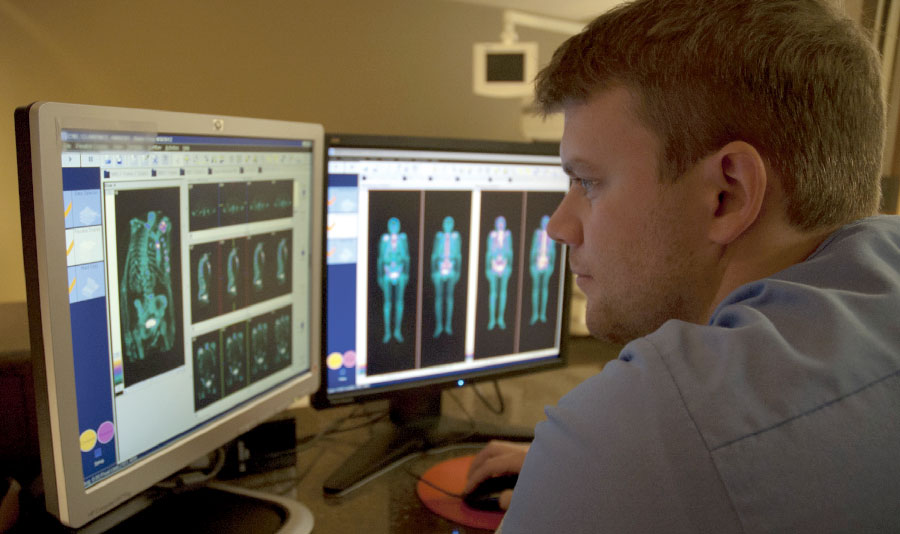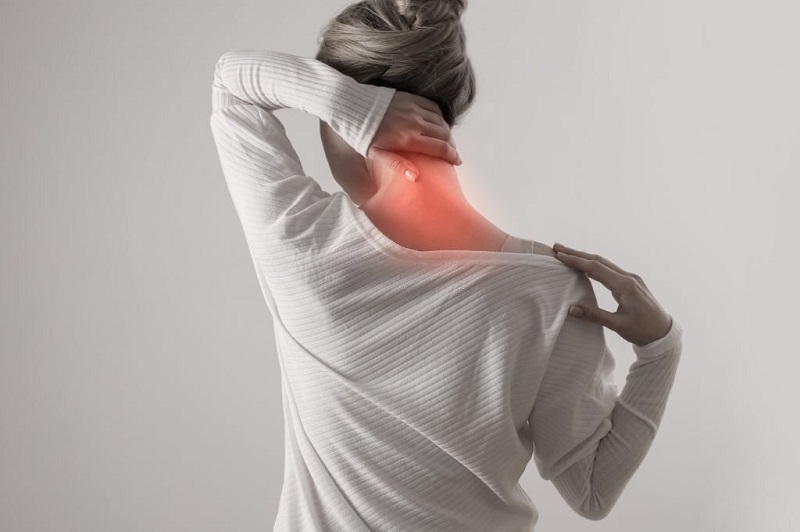
Nuclear Medicine Albuquerque
Nuclear Medicine Albuquerque is Nuclear medicine is a specialized branch of medical imaging that uses small amounts of radioactive material to diagnose and treat various illnesses and conditions. The radioactive material, or tracer, is introduced into the body through injection, ingestion or inhalation, and then monitored using specialized imaging equipment to track its progress through the body. This allows physicians to see how the organs and tissues are functioning and to detect any abnormalities, making it an essential tool in modern medical care.
What Is Nuclear Medicine Albuquerque:
Nuclear Medicine Albuquerque In Albuquerque, New Mexico, patients have access to a wide range of cutting-edge nuclear medicine services provided by highly trained and experienced specialists. Whether it’s diagnosing a cardiovascular condition, identifying the spread of cancer, or determining the effectiveness of certain treatments, nuclear medicine in Albuquerque offers a safe, non-invasive and effective solution.
At the forefront of this field is the Advanced Nuclear Medicine Center, a state-of-the-art facility that provides comprehensive diagnostic and therapeutic services to patients from across the region. Here, patients can receive the latest in nuclear medicine imaging, including PET/CT scans, SPECT/CT scans, and other specialized tests.
PET/CT scans, for example, use a combination of positron emission tomography (PET) and computed tomography (CT) imaging to create detailed, three-dimensional images of the body’s internal organs and tissues. These images are then used to identify the spread of cancer, evaluate the effectiveness of cancer treatments, and monitor the progression of certain neurological and cardiovascular conditions.
What We Should Know About the Nuclear Medicine Albuquerque:
Similarly, SPECT/CT scans use single-photon emission computed tomography (SPECT) and CT imaging to create highly detailed images of the body’s internal structures. These scans are used to diagnose a variety of conditions, including heart disease, liver disease, and certain types of cancers.
In addition to these diagnostic services, the Advanced Nuclear Medicine Center in Albuquerque also offers therapeutic services for certain conditions. For example, radioiodine therapy is used to treat patients with thyroid cancer and other thyroid conditions, while radiolabeled monoclonal antibody therapy is used to target and destroy cancer cells in certain types of cancer.
Nuclear Medicine Albuquerque Key Benefits:
One of the key benefits of nuclear medicine is its non-invasive nature. Unlike traditional surgical procedures, nuclear medicine exams do not require incisions or tissue removal, making it a much safer and less painful option for patients. Additionally, because the radioactive material used in these exams is typically administered in very small amounts, the risks associated with radiation exposure are minimal.
Another major benefit of nuclear medicine is its accuracy. Unlike traditional imaging tests, such as X-rays and CT scans, which simply show the structure of the body’s internal organs and tissues, nuclear medicine exams provide information on how these structures are functioning. This makes it an essential tool in the early detection of certain conditions and the development of effective treatments.
Despite these benefits, some patients may still have concerns about the safety of nuclear medicine. However, it is important to note that the amount of radioactive material used in these exams is carefully regulated and monitored to ensure the safety of patients and healthcare workers. Additionally, the equipment used in nuclear medicine exams is regularly maintained and tested to ensure it is working correctly.
Nuclear Medicine Albuquerque How Its Work?
Here’s how it works:
- Administration of radioactive material: The radioactive material is usually introduced into your body through an intravenous injection, oral ingestion, or inhaled as a gas.
- Travel through the body: The radioactive material travels through your bloodstream and accumulates in the area of your body being examined.
- Imaging: A special camera, called a gamma camera, is used to detect the radioactive material and produce images of your body. The camera takes pictures of the gamma rays emitted by the radioactive material and sends the information to a computer, which creates images of the inside of your body.
- Interpretation of images: A nuclear medicine physician will interpret the images to determine if there are any areas of abnormality or disease in your body.
Nuclear medicine procedures are noninvasive, safe and provide valuable information that can assist your doctor in making a diagnosis and developing a treatment plan.

If you want to get amazing benefits by using this link
Diagnosic Radiology Farmington
Conclusion:
In conclusion, nuclear medicine is a critical component of modern medical care, offering patients in Albuquerque safe, non-invasive and highly accurate diagnostic and therapeutic options. Whether you are seeking to diagnose a condition, monitor the progression of an illness, or determine the effectiveness of a treatment, the Advanced Nuclear Medicine Center in Albuquerque offers a range of services to meet your needs. So if you are in need of medical imaging services, don’t hesitate to schedule an appointment with a nuclear medicine specialist




